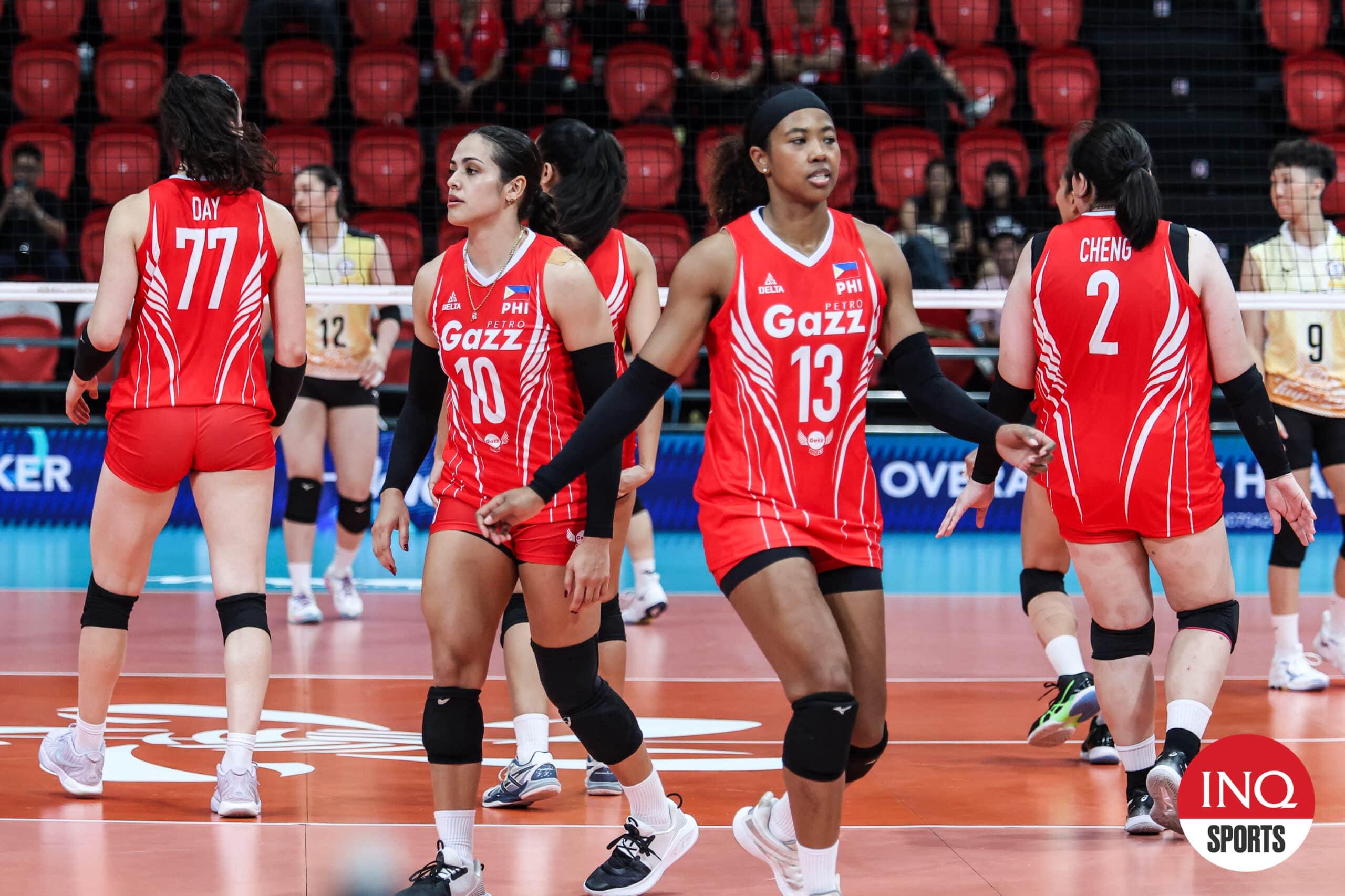Birth order theory is a perennial favorite topic on the internet: Are firstborn children really the independent trailblazers they’re made out to be? Are middle children really the peacemakers who everyone in the family seems to forget exist? Are the youngest-born as laidback and chill as the cliche suggests? Apparently, social scientists are just as intrigued by these questions: In a new study , researchers from two Canadian universities looked at how birth order and family size impact personality traits, and found that there may be some truth to those long-held sibling stereotypes. The researchers ― psychology professors Kibeom Lee of the University of Calgary and Michael Ashton of Brock University in St. Catharines, Ontario ― found that middle children really do rank higher on measures of cooperation and modesty compared to their older, younger and only child counterparts.
They also found that people from larger families were more likely to be cooperative and modest. The study is notable because the lion’s share of prior research has suggested that birth order makes no noticeable difference on personality traits in adulthood. And very few have looked at how family size influences personality, Lee said.

“When we began collecting online personality data about a decade ago, we decided to include birth order in our survey,” Lee told HuffPost. “To our surprise, we found that some personality traits are also related to birth order, prompting us to explore these patterns further.” To conduct the study, Ashton and Lee looked at the HEXACO model, a psychology framework that measures six key traits: Honesty-Humility, Emotionality, Extraversion, Agreeableness, Conscientiousness, and Openness to Experience.
The researchers made use of two large-scale data sets collected through an online HEXACO personality test : The first sample included over 710,000 adults, while the second sample consisted of nearly 75,000 participants. Both samples were composed mainly of English speaking participants from countries like the U.S.
and the U.K. Participants were also asked to share their birth order.
In the second sample, volunteers provided the number of children in their family, too, which social scientists call “sibship size.” Controlling for age, gender and religious activity ― three factors that could influence their findings ― Lee and Ashton found that middle-born participants scored highest on Honesty-Humility and Agreeableness: In other words, those born somewhere in the middle are a cooperative lot, that tend to be fair and genuine in their dealings with others. Who’s the second fairest of them all? That would be youngest children.
Oldest children came in third when it came to the category, while only children scored the lowest. It would seem that the more children a family has, the more equitable and cooperate you have to learn to be. “We found that on average, both Honesty-Humility and Agreeableness increased as a function of family size, from one-child families to those with six or more children,” Ashton said.
“We suspect that growing up with more siblings means a more frequent need to cooperate and share and take turns, leading to slightly higher levels of these ‘cooperative’ aspects of personality,” he added. The professor had a few caveats, though. He noted that these average differences are somewhat small, and that plenty of people are exceptions to these trends: Not every middle child is a saint, and eldest born and only children can be selfless and humble, too.
And the study only considered siblings in English-speaking countries. In future studies, Ashton and Lee say they’d like to look at people in non-Western countries, too, to see if these findings ring true in places where there’s cultural differences in family dynamics and parenting styles. It’s not all bad news for only children, either.
The researchers found that people with no siblings showed a slightly higher level of the personality dimension called Openness to Experience ― in particular, they rank a bit higher in intellectual curiosity. The same is true for eldest children, though to a lesser extent. (You can’t be the star of the show all the time, oldest siblings.
) Related...
.
Sports

There's 1 Big Personality Difference You'll Find In Middle Children, According To A New Study

Middle children, your day has come.















